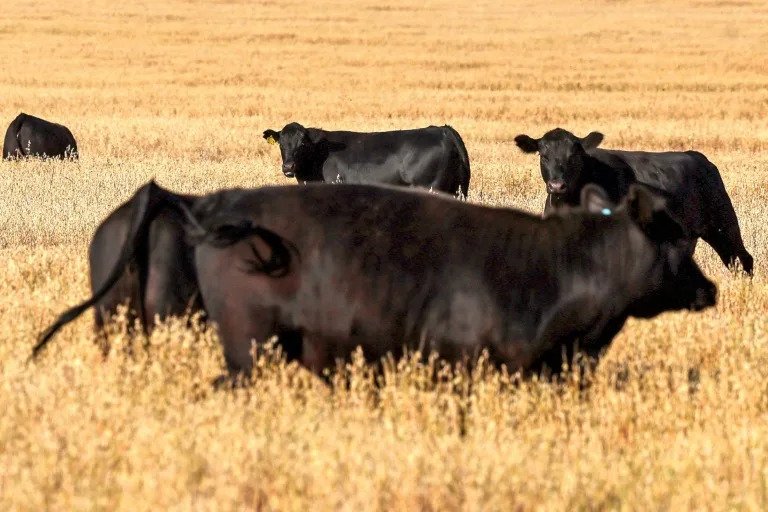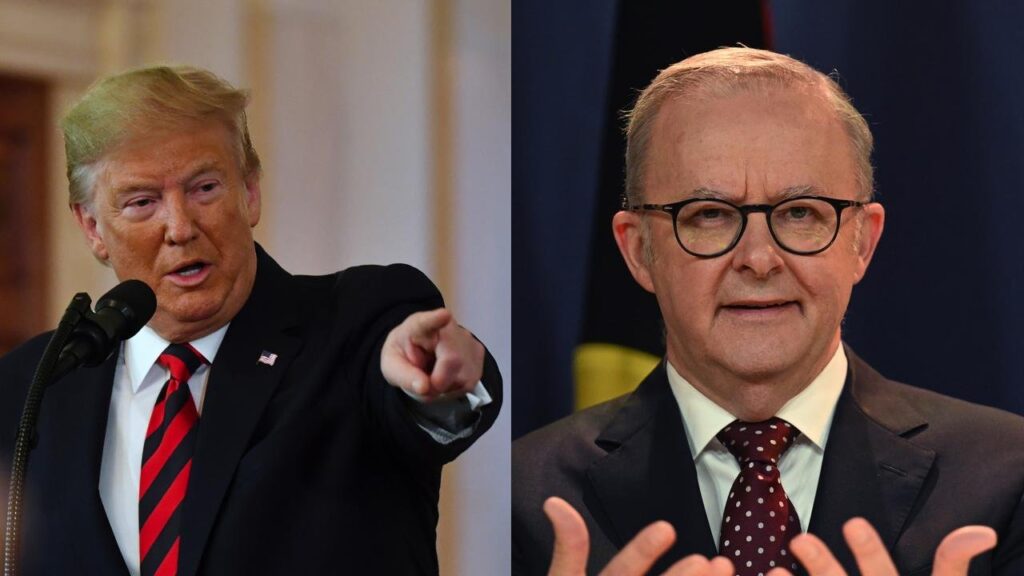Australian officials have announced that they will be lifting restrictions on imports of US beef, a move that is expected to help negotiations with the US for lower trade tariffs on exports.
The Trump administration is claiming credit for the decision, saying that non-scientific trade barriers had left American farmers “on the sidelines” for two decades.
The Agriculture Minister, Julie Collins, has denied that the decision was made to appease President Donald Trump, saying that it was based on a rigorous science and risk-based assessment.
How Did This Happen?
A ban on beef from cows raised and slaughtered in the US was lifted in 2019, but restrictions remained on beef from cattle raised from Canada and Mexico.

The decision to lift these restrictions is expected to pave the way for Prime Minister Anthony Albanese to argue the case to Trump that Australia should be given exemptions from the US’s 50% tariff on steel and aluminium, and a looming 200% tariff planned for pharmaceuticals.
A Fine Line
Albanese must tread a fine line when he meets Trump – he can’t bow to him, but he can’t alienate the US either.
The US president specifically cited Australia’s restrictions on beef imports when he announced his “Liberation Day” tariff regime. Australia faces a 10% baseline tariff on all products exported to the US.
Australian Beef Industry
American beef herds are at a multi-decade low, and farmers are slaughtering fewer animals than they were a year ago. Beef exports to the US from Australia were up 24% year-on-year in June, according to Meat and Livestock Australia.
The new arrangements are due to come into place on 28 July, with Australian importers able to apply for permits to handle fresh beef products from the US, the largest buyer of Australian beef, in a $14bn market.
Farmers’ Reaction
Will Evans, the chief executive of Cattle Australia, has expressed support for the decision, saying that it was backed by science and the trade terms were still in Australia’s favour.
However, the Nationals leader, David Littleproud, has expressed suspicion about the speed of the decision, saying that it looks like it was traded away to appease Donald Trump.
The trade minister, Don Farrell, has denied this, saying that there was “nothing suspicious” about the timing.

